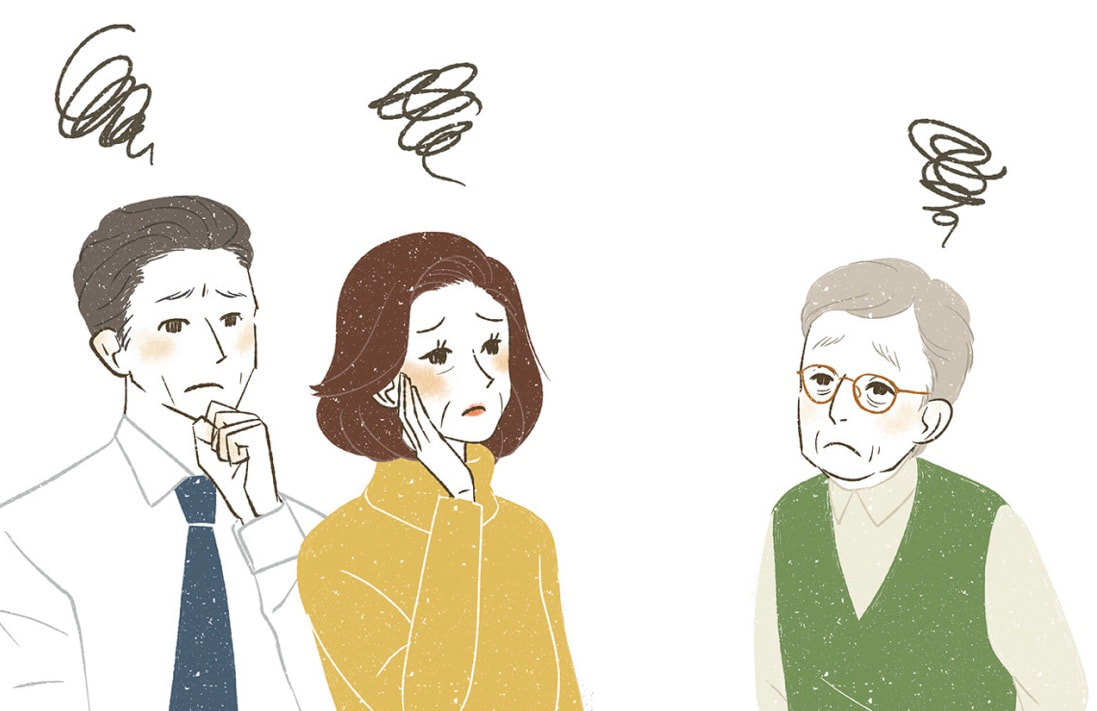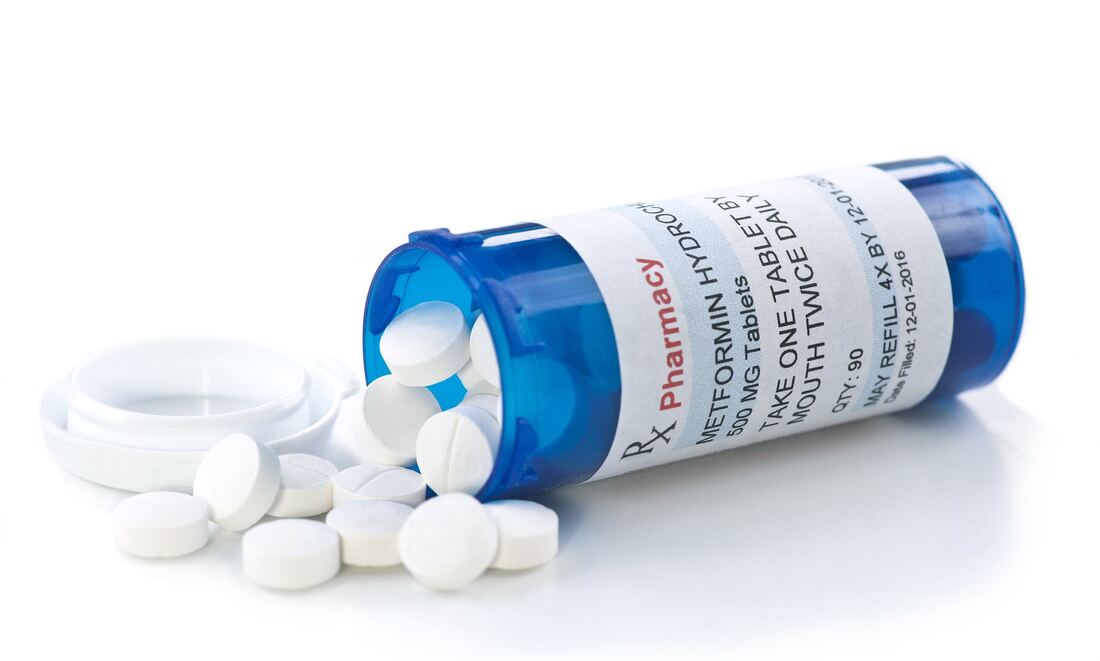New models of care: Hospital at Home
Demographic change is a defining issue of our time. As the worldwide population ages, the healthcare systems will face significant challenges to meet the needs of an aging population. In 2014, 14.5% (46.3 million) of the US population was aged 65 or older and is projected to reach 23.5% (98 million) by 2060. The prevalence of chronic medical condition will rise as the population gets older. Approximately 85 percent of older adults have at least one chronic health condition, and 60 percent have at least two chronic conditions, according to the Centers for Disease Control and Prevention. Managing these chronic conditions, along with a patient’s level of disability, will increase the financial demands on our health care system. We need to develop new models of care that improve quality and decrease healthcare cost. Our current system is not ready for this tsunami and it’s imperative we work of strategies to adjust to the future demand. One good alternative is Hospital at Home (HaH). HaH is an innovative model that provides hospital-level care in a patient’s home. The program was developed by researchers at the Johns Hopkins Schools of Medicine as a tool to cost-effectively treat acutely ill older adults, while improving patient safety, quality, and satisfaction.
A recent small study in Annals of Internal Medicine found 7% of qualifying patients with certain acute conditions (pneumonia, heart failure, COPD and UTI) who received hospital-level care at home were admitted to the hospital within 30 days, compared with a 23% readmission rate among those treated at the hospital, and health care costs were 38% lower for those treated at home. The findings, based on a study of 91 patients, showed those treated at home had fewer imaging studies, laboratory test orders and consultations, compared with patients admitted to hospitals. HaH has shown that patients experience better clinical outcomes: lower rates of mortality, lower delirium sedative medication use and lower restraints use. Also, better satisfaction of patient and family, less caregiver stress, better functional outcomes and lower average length of stay. Presbyterian Health System in Albuquerque has done HaH already for some time with great outcomes. HaH is keeping patients at home and it’s clear to improve outcomes. Widespread adoption of the model in the U.S. has been hold by physicians’ concerns about patient safety, as well as legal risk, and by the reluctance of payers, including Medicare, to reimburse providers for delivering services in home settings. HaH is a great alternative for some frail older adults especially those with dementia that usually do better staying at home surrounded by family members. Hope it helps. Let’s celebrate aging!










